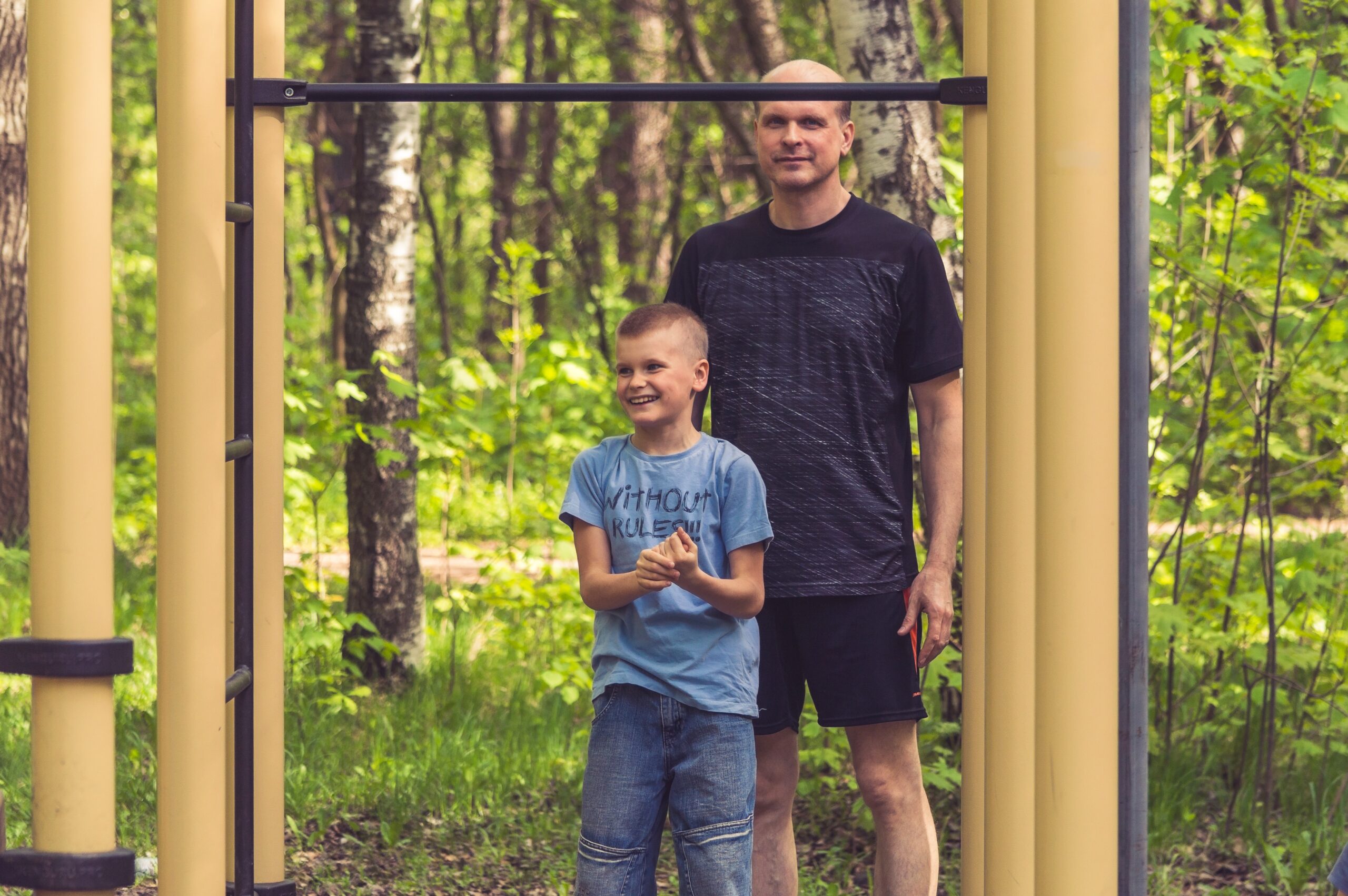
Youth sports are a frequent occurrence in many households in the United States. Even further it has become more common for youth to participate in competitive youth sports. Children are being asked to join competitive sports at earlier ages than in the past. Parents are paying exorbitant amounts of money for their children’s sports activities. There are many young athletes that leave a sport or sports all together due to a collection of mental health concerns. This can include outside pressure, self-pressure, sports fatigue, or other factors. It is important to examine children in sports between the 8–12-year-old range and see how they perceive parent support in their sport(s) from a young age. As well as to examine how parents are giving support to young athletes.
Within family systems theory it is important to understand and examine the core tenants through the lens of parent-child relationships when it comes to participating and competing in youth sports. Family systems theory discusses the core tenants of family systems theory to view the whole greater than the sum of parts, family systems are comprised of interdependent parts, they are self-reflexive and self-regulating, and individual and family behavior must be understood within the context (Baptist & Hamon, 2022).
Parent support as defined by Kaye et al. (2019) “Parental support, being emotionally present and consistently dependable, as integral for promoting both positive chances in the parent-child relationship and adaptive developmental outcomes during the life stage of emerging adulthood” (p. 241). The relationship between the parent and child prior to the sport can really be impactful when a child enters the competitive sports arena. It is also important and should be noted that children’s personality, specifically looking at perfectionism within a child and how this can impact the parent-child relationship (Appleton et al., 2011).
Parent pressure as defined by Knight et al. (2016) “perceive parents to engage in pressuring behaviors such as excessive expectations, criticizing play, or withdrawing love after competition it can lead to negative sporting experiences” (p. 161). The family system is typically the closest and most influential factor in shaping an athlete’s attitudes, behaviors, experiences, and outcomes, particularly in the early years of sports participation and can often have long lasting effects (Dorsch et al., 2022). So, when the parent pressure, as perceived by the athlete, is experienced, does it turn an environment from positive to negative or vice versa and then override the coaching that is being done on the field?
